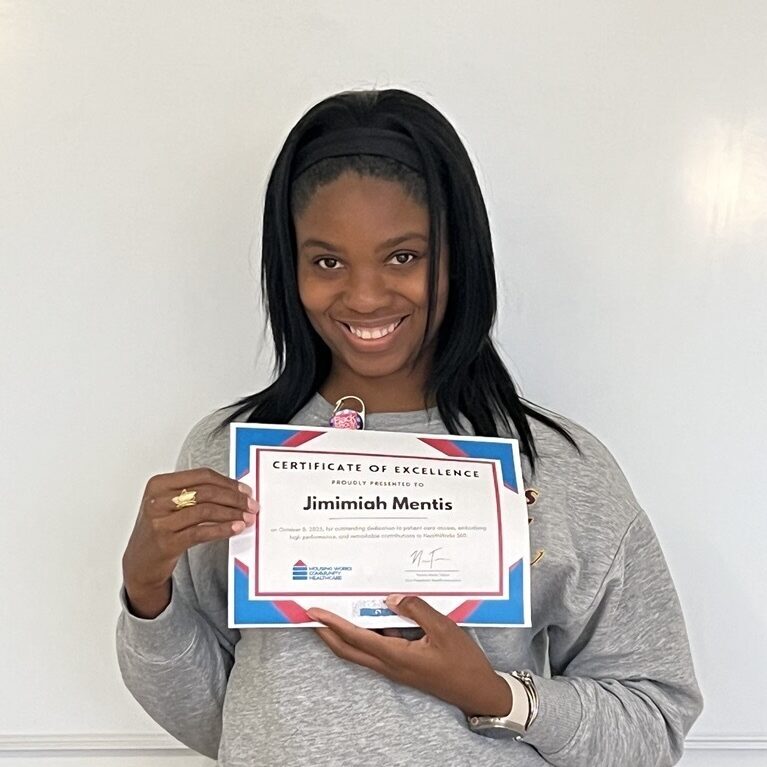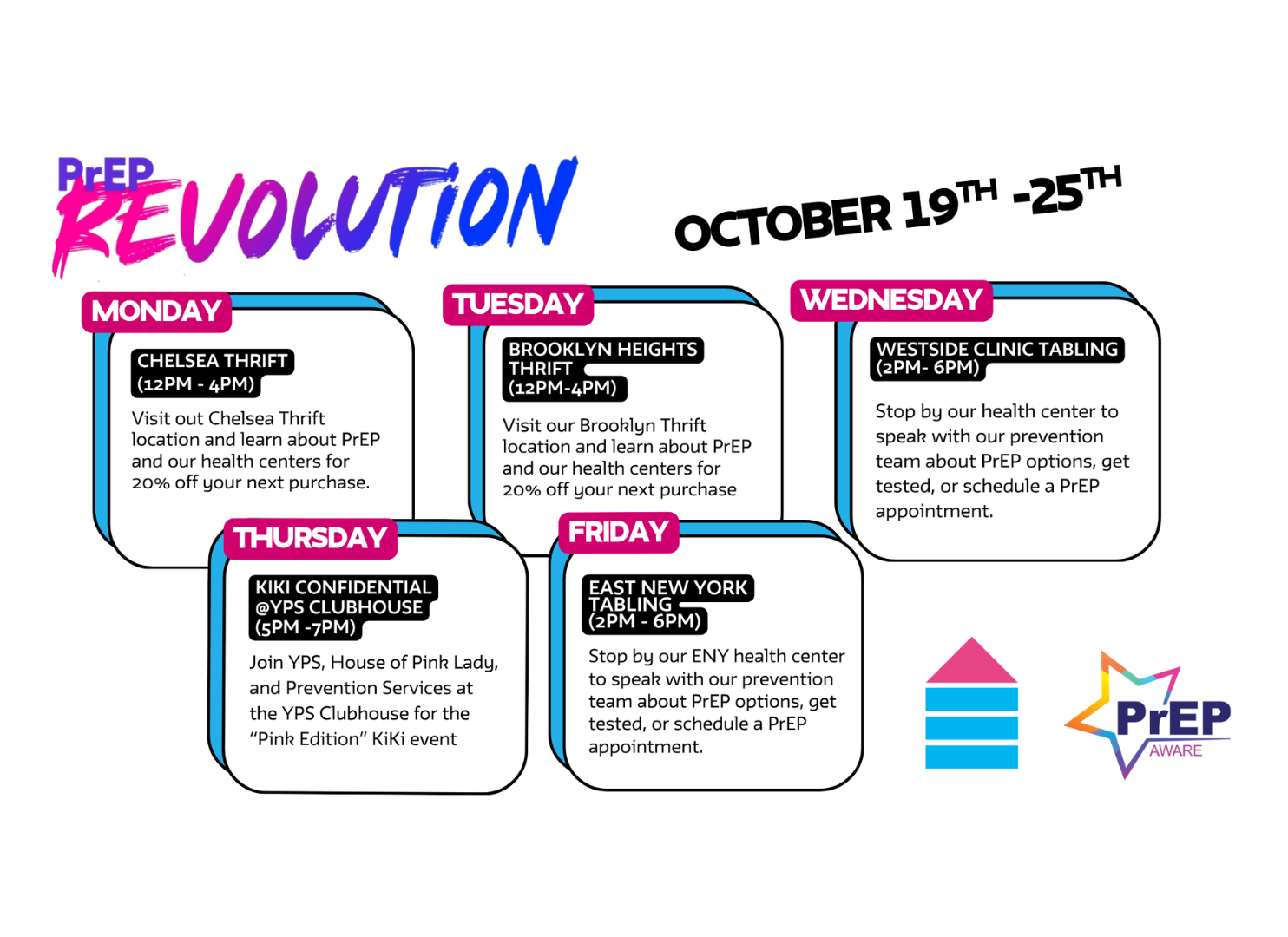Each May, the American Nurses Association (ANA) celebrates National Nurses Month. Modern nursing became a formal practice in the mid-19th century, when Florence Nightingale recognized the need for better hygiene in hospitals while caring for soldiers during the Crimean War. From her experiences, she went on to establish the first nursing school in London, beginning a wave of nursing academies opening around the world.
Each year during National Nurses month, there is a National Nurses Week that falls over Nightingale’s birthday, May 12. For this year’s Nurses Week, the ANA chose the theme “The Power of Nurses” to highlight nurses’ essential work and the professional challenges they face. Housing Works’ Vice President of Nursing ShellyAnn Bell presented for this year’s Nurses Week, in which she highlighted the work of African American nurses to overcome segregation in their profession.
The first 3 nursing programs were established in the United States in 1873 in New York, New Haven, and Boston. These academies, like many that followed them, were racially segregated. It wasn’t until 1886 that African American nurses had the first school opened for them at Spelman Seminary in Atlanta. Subsequently, trailblazers such as
- Francis Reed Elliott, the first Black nurse to be enrolled in the American Red Cross;
- Mary Eliza Mahoney, the first African American nurse to graduate from a formal nursing academy;
- Martha Franklin, the founder and first president of the National Association of Colored Graduate Nurses (NACGN) established in 1908 (in 1951, the NACGN merged with the ANA, a crucial step towards integration); and
- Mabel Keaton Staupers, author, activist for integration of Black nurses in the military and ANA, and later president of the NACGN
paved the way for Black Americans to enter the nursing profession as it exists today.
In addition to her educational presentation, ShellyAnn was kind enough to provide her insights on nursing during her 9 years at Housing Works. She started in August of 2016 as a Nurse Care Coordinator. After two years, she was promoted to Director of Nursing; two years after that, she was promoted to Vice President of Nursing. It was in this role that she aspired to formalize Housing Works’ department of nursing.
I wanted to see nursing grow and evolve into an actual department… I wanted to elevate the nurses and make them stand out.ShellyAnn Bell, Vice President of Nursing
She changed the role title from Nurse Care Coordinator to Nurse Manager to more accurately capture the role nurses play in Housing Works health centers. Among other things, she also changed licensure requirements so that nurses must be Registered Nurses (RNs) with a Bachelor’s Degree, or actively pursuing a bachelor’s if they have their Associate’s. She attributes the time during the COVID-19 pandemic to being instrumental in the work she was able to do; nurses kept Housing Works afloat during lockdown and demonstrated the necessity of their presence in our health centers.
In speaking with ShellyAnn, her passion for not only nursing but also our client population shone through. “You have to be creative sometimes as a nurse,” she says before launching into a requested story; “You have to be a little creative in how you approach patients and get them to be on the path that you want them to be.”
She recounts one patient with a viral load in the millions, who also had memory issues that often caused them to forget to take their medications. She noticed that they would always take around a shopping cart; when asked, the patient revealed they were collecting cans. ShellyAnn struck a deal: every time they came into the health centers to take their meds, she’d bring them 2 cans. If the patient became virally suppressed, ShellyAnn promised to bring them the entirety of recycling from her house (she loves Pepsi). Soon, the rest of the nursing team joined in to keep the deal in place even when ShellyAnn had to be away from the health centers, and the patient ended up virally suppressed.
[Housing Works] allows me to run with my ideas, and it became a part of me, to where I felt like I was getting the fulfillment of why I went into nursing. I went into [nursing] because I knew it was a need to have someone that looked like me represent our patients who look like me. I wanted to be there for those patients because they weren’t getting that kind of care elsewhere.ShellyAnn Bell, Vice President of Nursing
She reflected on the fact that nursing has evolved a lot over the years, and that it’s important to pursue the profession of nursing for the right reasons. ShellyAnn is currently pursuing her Doctorate of Nursing Practice at Yale, after which she is excited to bring her expertise back to Housing Works.
Thank you to ShellyAnn and the entire nursing team at Housing Works for all that you do!



